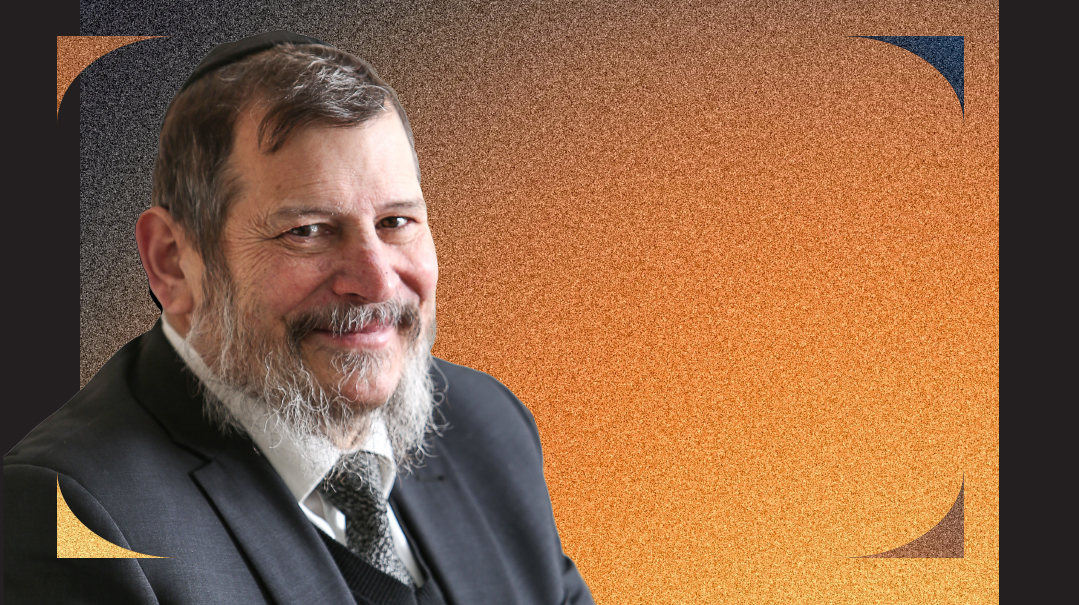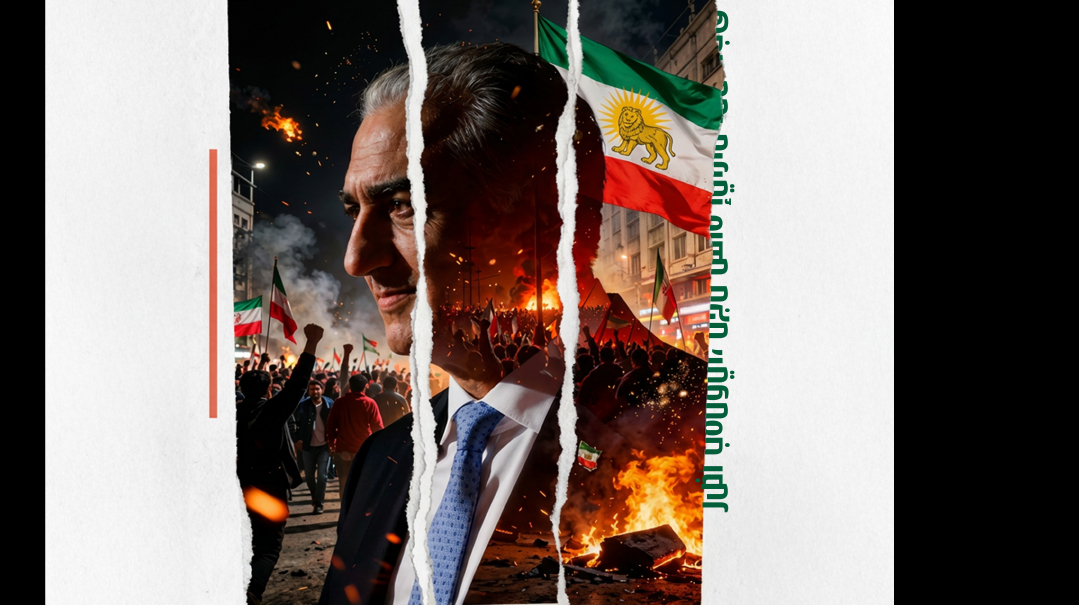Stalking Danger


HIGH ALERT Magavnikim can’t not be alert. “Sometimes you make a mistake and the inspection proves everything is fine. And sometimes your instinct is right and you prevent an attack” (Photos: Yoav Davidkowitz Flash 90)
It’s late afternoon and the Judean sun casts its trademark glow over the cement slabs that loom before us on the main street not far from Mearas Hamachpeilah in Chevron. Deputy Commander Avida Katfi of the Border Police is showing me one of the checkpoints the officers under his command have erected. As we get closer I suddenly notice two local Arab teens standing near a low iron fence verbally facing off with two border policemen. Much to my surprise Deputy Commander Katfi’s hand does not tighten around his M-16 and the four other border patrol officers walking with us continue on as well. The officer next to me continues with his security explanations but my nerves aren’t letting me concentrate.
“What’s happening here?” I try to glean some real information.
“An inspection” he replies laconically.
“And if one of them has a knife and he—”
“We’ll neutralize him” Katfi replies coolly as if I’d just asked him what time shkiah is.
I look around. No one else seems to be nervous not the four officers nor Chief Inspector Baruch Honig or Israel Police spokesman Shabtay Gabarchik who are also accompanying us. For them it’s just routine.
“You asked before for an example of how in less than a second everything can turn into an attack scene? Here you have it ” Katfi says with his characteristic calm. “Our fighters are trained to respond immediately. Within a second and a half maximum their bullet will neutralize the terrorist.”
Good to know especially in light of the recent surge in attempted terror attacks. Last week security forces apprehended a man with a butcher knife in his coat lurking around the Jerusalem French Hill light rail stop. The week before soldiers were injured in Chevron and Beit El neutralizing lone terrorists. Those were just the reported incidents but according to Katfi most of what his unit does never sees the papers or news sites.
The grassroots terror wave — some call it the “lone-wolf intifada” — that’s plagued the country for the past year means that a familiar Arab worker might suddenly pull out a knife a harmless-looking 13-year-old boy could turn into a murderer and a teenage girl or older woman could thrust a blade into an unsuspecting bystander. The bottom line is that the profile of a terrorist has changed entirely. In reality says Deputy Commander Katfi there is no more profile.
The security people on the front lines today are the 10000 officers and soldiers of the Mishmar Hagevul or “Magav” — the Israel Border Police a division of the Israel Police (not the IDF) — who are deployed across the country. You see them everywhere (their uniforms are dark gray as opposed to army-green) especially places that are known to be flashpoints and nearly all the incidents you’ve heard about that ended with the terrorist “neutralized” involved border policemen. But it hasn’t been an easy year for them either — close to 40 members of the force have been killed and 150 injured in the recent terror wave.
In a Split Second
When sitting reading the news in your armchair at home it looks pretty simple. A terrorist pulls out a knife and the Border Police officer on the scene shoots him and neutralizes him. But you probably haven’t thought much about how complex every such incident is. The terrorist pulls out his knife in the middle of a crowd of civilians who are panic-stricken and running in all directions. The officer’s fire must be directed only at him without harming the others at the scene. In most cases where Border Police officers are involved it’s a very rapid reaction and the terrorist is neutralized by two accurately-fired bullets without civilian casualties.
So how does all that split-second action actually unfold at the scene? How do they do it? We wanted to find out and the Border Police agreed to allow senior commanders and soldiers involved in this daily struggle to reveal a little bit of personal information and speak about their intense training and practice sessions. They also let us join them for an evening patrol.

Aviad Katfi’s job is to keep the Mearas HaMachpeilah safe for Jews. “It’s a combination of following protocol and using discretion at the same time”
“Go to Chevron” the Border Patrol spokesperson suggested when we were initially negotiating the terms of media coverage. “That’s where the action is most intense.”
And so in Chevron we meet up with Deputy Commander Aviad Katfi a married father of three who just last month was appointed commander of both the Mearas Hamachpeilah brigade and a second squadron in the City of the Patriarchs. Before that he served as brigade commander inJerusalem. Among the Border Police though he’s more than a commander — he’s also an undisputed hero and recipient of the Commissioner’s Award for bravery. It happened last year inEast Jerusalem when a terrorist opened fire in a crowd yet with the bullets shrieking over his head Katfi moved through the frenzy and managed to get close enough to the terrorist to neutralize him. He knows he could have been killed.
“Forget it whatever” he shrugs when I try to ask him about it.
Aviad Katfi is really quite a friendly guy and gives us a warm welcome when he greets us near the Mearas Hamachpeilah. “What would you like to do first daven or work?”
Oops! We could not locate your form.







